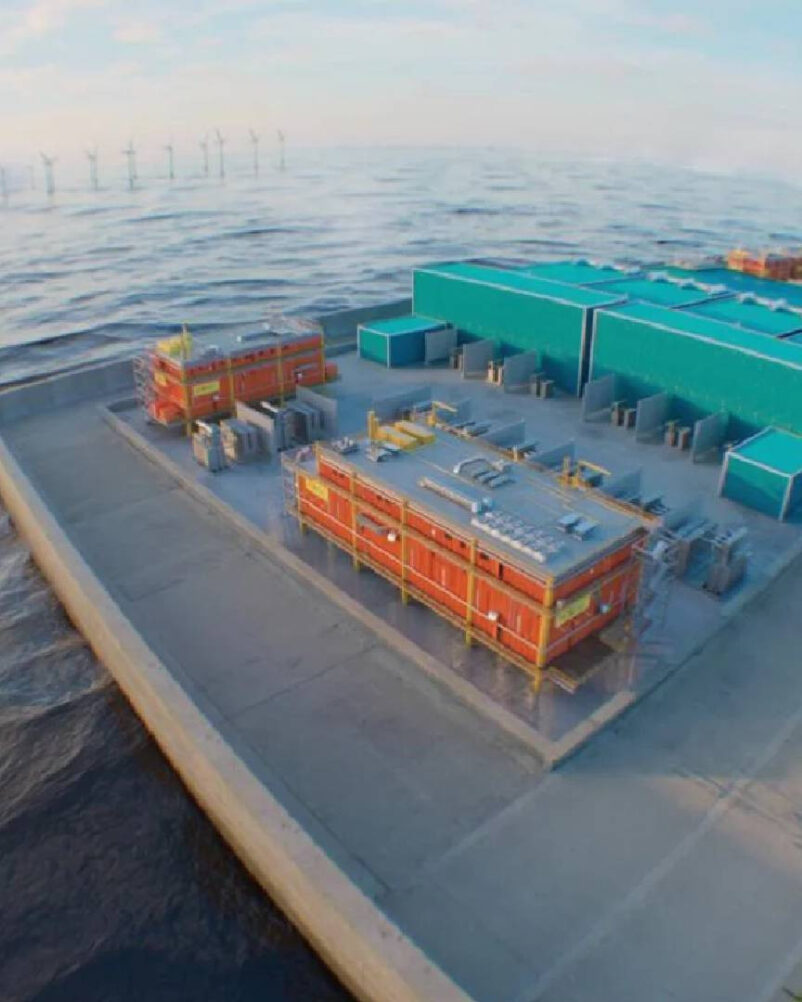Cyclone Chido, a Category 4 storm, has left an indelible mark on the French Indian Ocean territory of Mayotte. Described by survivors as “apocalyptic,” the cyclone is the worst to hit the region in nearly a century, exposing the vulnerabilities of an already fragile infrastructure. With at least 11 confirmed fatalities and hundreds more feared dead, the devastation underscores the urgent need for both immediate aid and long-term climate resilience strategies.
Mayotte: A Region in Crisis
Mayotte, a small archipelago located between Madagascar and Mozambique, is the poorest territory within the European Union. Its 320,000 residents, many living in makeshift homes, were already grappling with chronic issues such as water shortages, unemployment, and social unrest. Cyclone Chido’s 140 mph winds and torrential rains have exacerbated these challenges, flattening entire neighborhoods and cutting off basic services like electricity and clean drinking water.
The cyclone’s aftermath has left the region in chaos. Hospitals, schools, and homes lie in ruins, while the airport’s control tower was rendered inoperable, restricting access for rescue teams. Roads are blocked by debris, isolating large parts of the islands and making aid delivery a logistical nightmare.
The Human Toll
While the official death toll stands at 11, Mayotte’s prefect, François-Xavier Bieuville, warns that the final count could soar into the hundreds or even thousands. “Entire neighborhoods have disappeared,” he lamented, highlighting the particular plight of undocumented migrants who fear seeking assistance. These individuals, estimated to number around 100,000, face heightened risks as their makeshift homes were the first to be destroyed.
Local residents have shared harrowing accounts of the storm’s wrath. Ibrahim, a survivor from Mamoudzou, described “apocalyptic scenes,” while hotel owner Bruno Garcia compared the destruction to “an atomic bomb.” For many, the cyclone has erased not only their homes but also their sense of security and stability.
A Coordinated Response Underway
France and the European Union have pledged their support. President Emmanuel Macron and EU chief Ursula von der Leyen have assured the people of Mayotte that aid will be forthcoming. Already, 160 soldiers and firefighters have joined 110 personnel on the ground, with additional resources arriving from Réunion and mainland France. Initial shipments include three tonnes of medical supplies, blood for transfusions, and emergency personnel. Plans are in place to establish an air and sea bridge to accelerate aid delivery.
Despite these efforts, the challenges are immense. Over 80 tonnes of supplies are still en route, and the restoration of electricity and water systems remains a top priority. Yet the destruction of infrastructure, combined with the region’s geographical isolation, complicates rescue and recovery operations.
The Broader Climate Implications
Cyclone Chido’s devastation is a stark reminder of the escalating risks posed by climate change. Rising sea levels and warmer ocean temperatures are intensifying tropical cyclones, making them more destructive. In recent years, the Indian Ocean region has seen a surge in catastrophic storms, including Cyclone Freddy and Cyclone Idai, which collectively claimed thousands of lives.
Poor regions like Mayotte bear the brunt of these disasters despite contributing minimally to global greenhouse gas emissions. This inequity calls for greater international support to enhance climate resilience. Studies consistently highlight the need for robust infrastructure, early warning systems, and sustainable development initiatives to mitigate the impact of future storms.
The Path Forward
As Mayotte grapples with the immediate aftermath of Cyclone Chido, the focus must also shift to long-term recovery and resilience. Rebuilding efforts should prioritize climate-adaptive infrastructure and community-based preparedness programs. Additionally, the international community must address the systemic inequalities that leave vulnerable regions disproportionately affected by climate disasters.
Cyclone Chido is not just a tragedy for Mayotte; it is a global wake-up call. In an era of escalating climate emergencies, solidarity and proactive measures are not optional—they are imperative. By investing in resilience today, we can hope to avert such catastrophic losses in the future.



